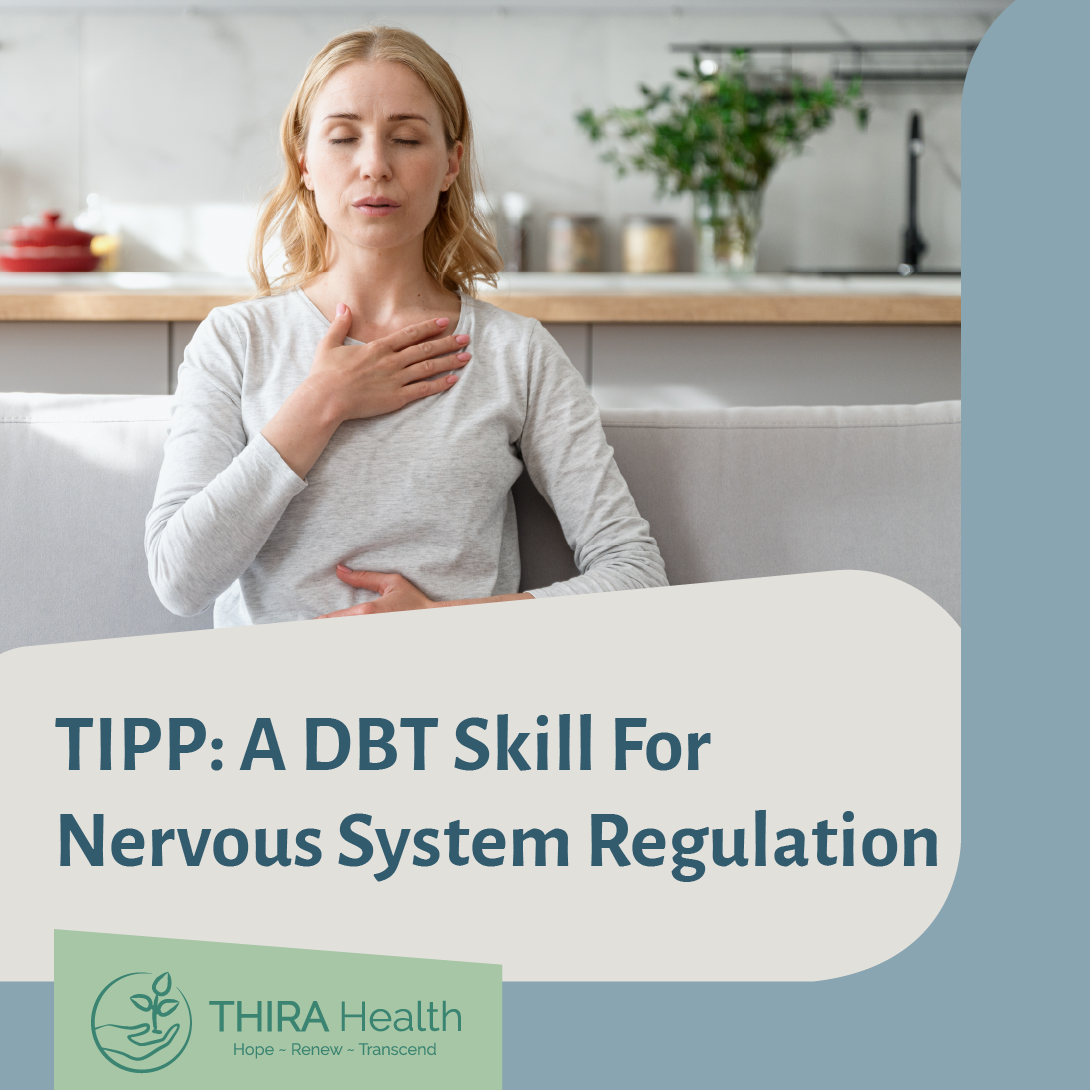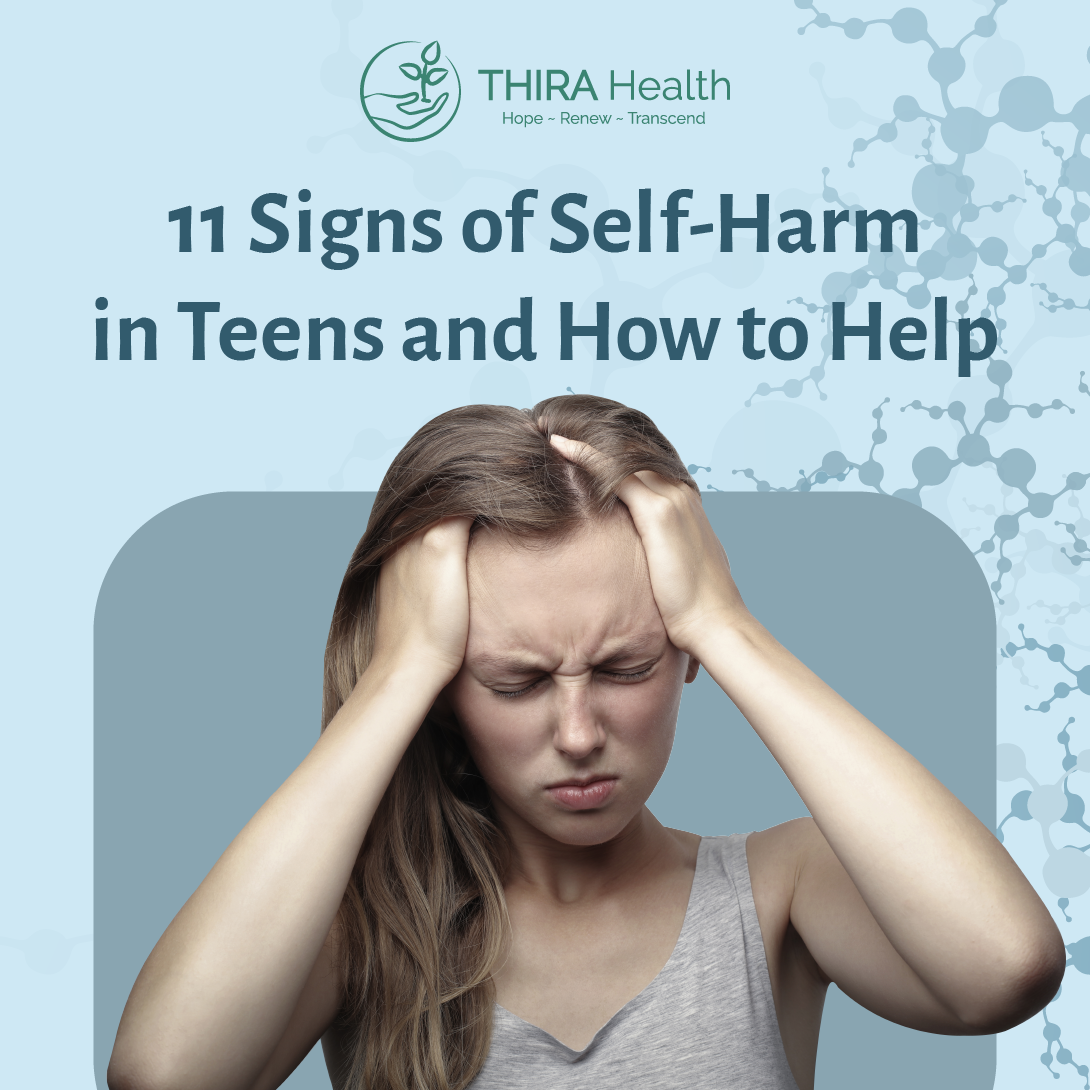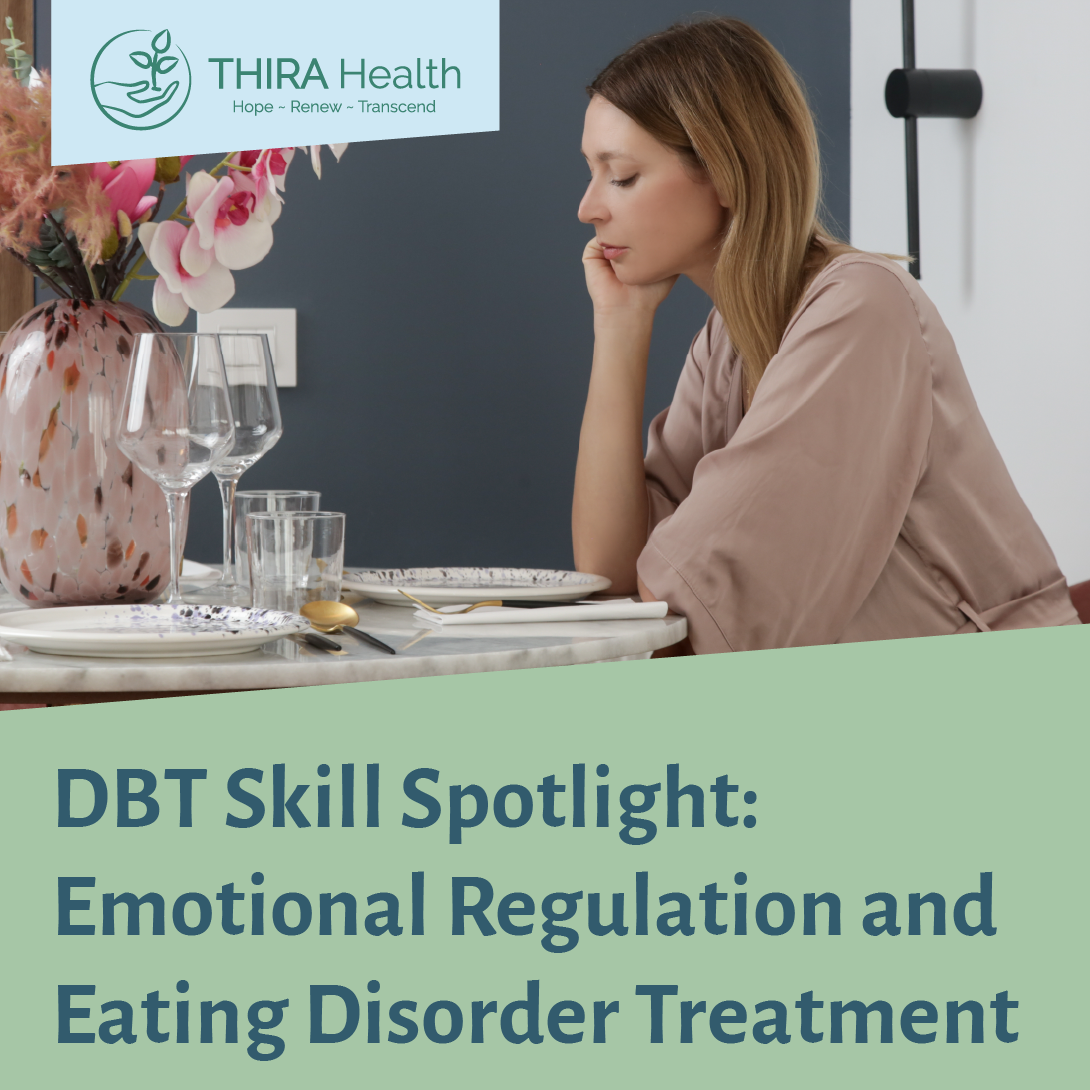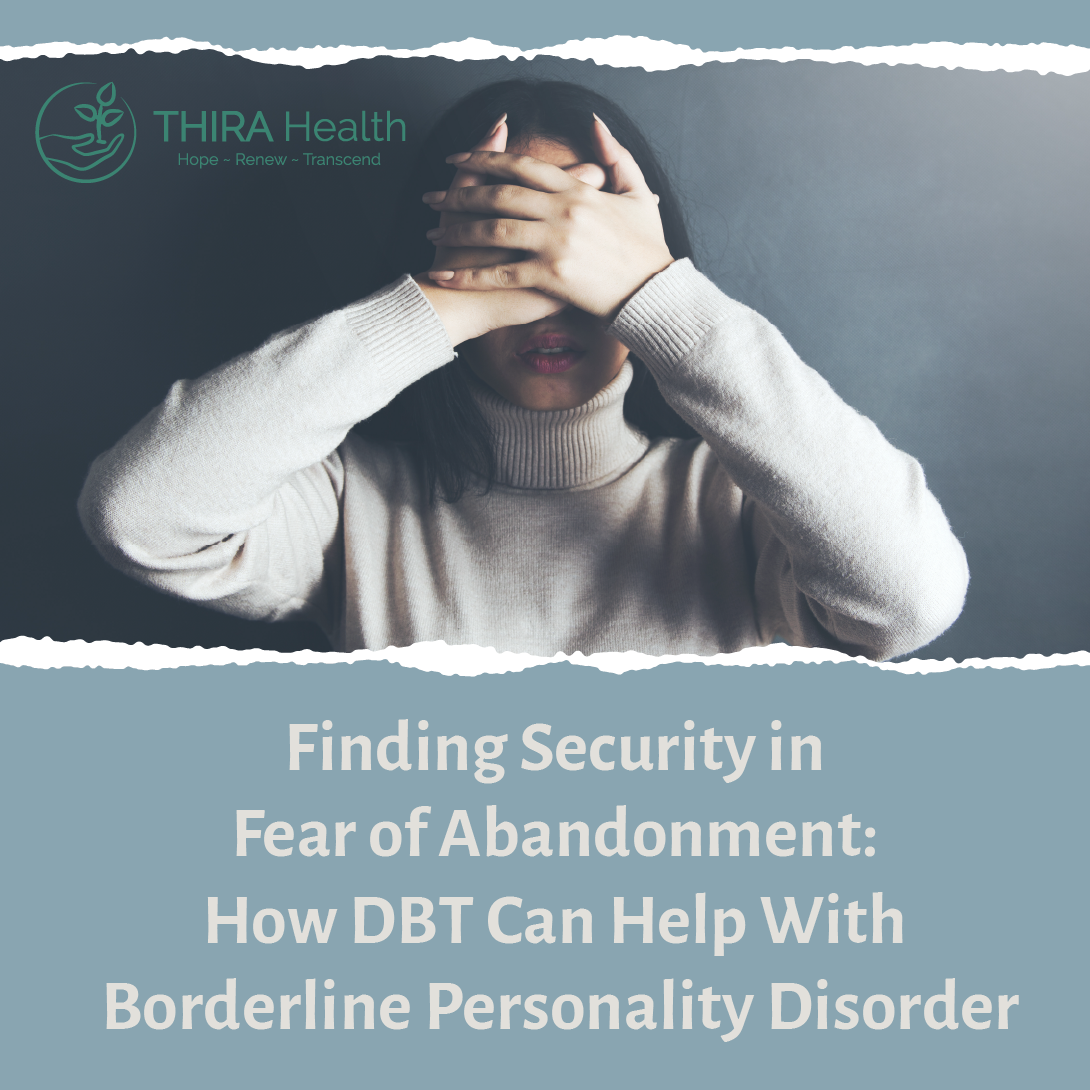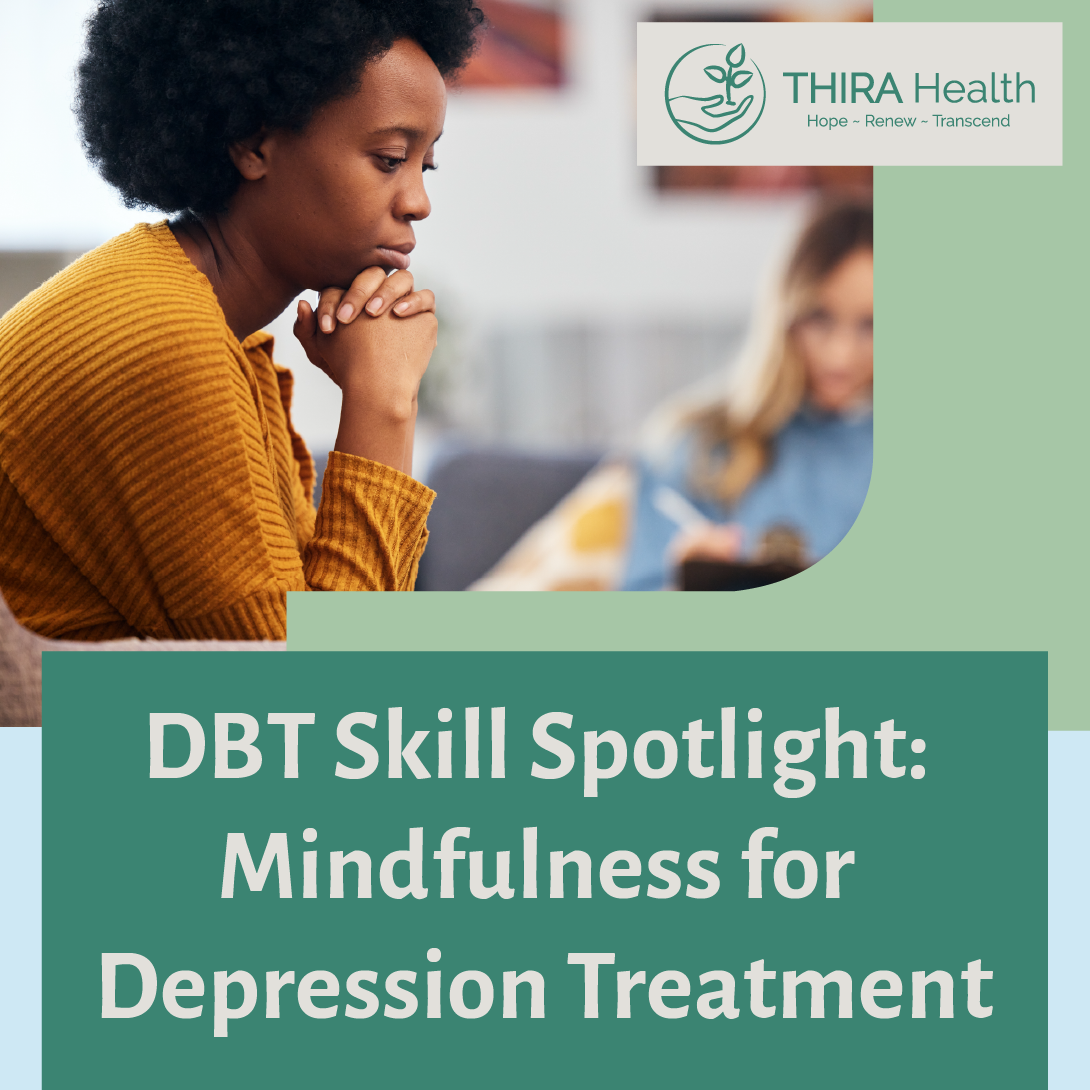Being a teenager is a rite of passage that, unfortunately, isn’t all that great for a lot of people. Between puberty and raging hormones, fitting in, dealing with insecurities, discovering self-worth, and chasing independence, being a teen is a roller coaster of emotions. Because of these heightened hormones, teens tend to feel things very deeply. All of these feelings are valid and normal, but they can be overwhelming at times, especially for teens who haven’t developed the emotional skills necessary to be able to navigate these tough situations.
Is it possible to make it through the teenage years with your self-esteem in tact?
While the teenage years are a time of many changes, investing in your self-esteem during these crucial years can help you develop a deeper understanding of your emotional wellbeing and even help decrease some risk factors of other mental health issues for many years to come.
 Below we will share six key tips to improve your self-esteem, be kind to your mind, and the DBT skills that can help you overcome negative feelings about yourself and coping skills for when these thoughts seem to take over. To skip straight to the support, or for more information on DBT, reach out THIRA health to see how we can help you navigate teenhood and all the unique challenges faced by teens today.
Below we will share six key tips to improve your self-esteem, be kind to your mind, and the DBT skills that can help you overcome negative feelings about yourself and coping skills for when these thoughts seem to take over. To skip straight to the support, or for more information on DBT, reach out THIRA health to see how we can help you navigate teenhood and all the unique challenges faced by teens today.
What is Self-Esteem?
Self-esteem refers to an individual’s overall evaluation of their worth and value as a person. It encompasses a range of beliefs and attitudes about oneself, including self-confidence, self-worth, and self-criticism. Self-esteem can be shaped by a variety of factors, including experiences, social relationships, and cultural norms. Research has shown that having positive social relationships, social support, and social acceptance can contribute to higher levels of self-esteem.
Self-esteem can impact many aspects of a teen’s daily life and healthy development, including their social interactions, academic performance, mental health, and overall well-being. A healthy sense of self-esteem can lead to greater confidence, better decision-making skills, stronger relationships, and a more positive outlook on life. Conversely, low self-esteem can lead to self-doubt, anxiety, depression, poor academic performance, social isolation, and a range of other negative outcomes. One study shows that 70% of girls aged 15-17 admitted to avoiding things such as school or social interactions due to insecurity.
So what causes low self-esteem?
Many factors contribute to low self-esteem, but social media is proving to be a major culprit. It is no surprise that studies have proven there is a link between social comparison and self-worth. The constant prompting to be visible online gives way to comparison, FOMO (fear of missing out), curating one’s online/social media personas and tracking likes and social media followers. This easily contributes to social anxiety, thus reducing positive social relationships, interactions, support and acceptance and therefore lowering self-esteem, especially when 97% of teenagers report they use the internet/social media on a daily basis.
6 Self-Esteem Hacks for Teens
Here are some tips to help guide you or your teen in developing a more positive self-esteem and mindset about yourself. Whether you implement all these tips or only a few, it is important to recognize what works for you and what resonates with you.

1. Practice radical acceptance.
Radical acceptance essentially focuses on letting go of what you have no control over. By taking a non-judgmental approach to letting go of control, you better control your expectations and reactions, therefore you are more grounded in reality, instead of stuck in anxiety or depression spirals. Fortunately, improving self-esteem IS within your control when you utilize radical acceptance skills.
Example: Did you fumble over your words in class or say something to a friend you wish you could take back? Accept what happened (there’s no use worrying about it anymore) and see what you can do in the future to process through those situations. You CAN practice your reading out loud, you CAN practice pausing before you speak, and you CAN remind yourself that everyone makes mistakes.
2. Go in with gratitude.
Focus on the good and the positive. Yes, being a teenager is difficult. But there are a lot of positive and monumental parts of being a teenager too. Believe me, no one will remember the pimple you had at prom. Try to use gratitude to shift your perspective to decrease your anxiety and increase your self-esteem.
3. Self-validation.
A major component of DBT is nonjudgmentally labeling your emotions. Most people who have difficulty regulating their emotions also have difficulty accepting them, which is a necessary first step. See how this DBT worksheet can help you acknowledge, allow and understand some things you are feeling.
4. Don’t compare.
There is a common saying that “comparison is the thief of joy.” Social media is a highlight reel of people’s lives and it is not often a genuine reflection of their day to day. People tend to share the good, not the bad. It is unfair to you to compare yourself to someone based on your superficial perception of what they choose to share.
5. Set boundaries.
Setting boundaries helps you have more control about who you surround yourself with and how they impact you. In your teen years and into adulthood, you’ll need to learn to protect your time and emotional well-being. All people need socialization and human connection, but it’s okay to be selective with who you give access to the inner parts of you. Who you surround yourself with impacts how you feel about yourself. This guide to DBT Interpersonal relationships and boundary setting can help you set respectful boundaries.
6. Identify your strengths.
Many people tend to focus on their deficits or where they lack instead of their strengths. Think about compliments you may have received, or when you did/said something that made you proud and happy, or a skill you have that you find many people don’t. Note your strengths to assure your confidence and boost your self-esteem and focus more on your attributes.
Support for Teens in Seattle
Being a teenager is not easy. It is emotionally, mentally, socially and physically draining! But your self-esteem does not have to be drained or compromised. If you want more tips or more individualized support on addressing confidence, self-esteem, self-worth or navigating any other teen-specific issues, we can help. Start here to see what services we offer and explore what we can do to help you find an internal sense of self to return to.

